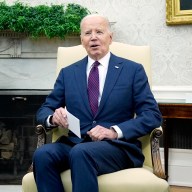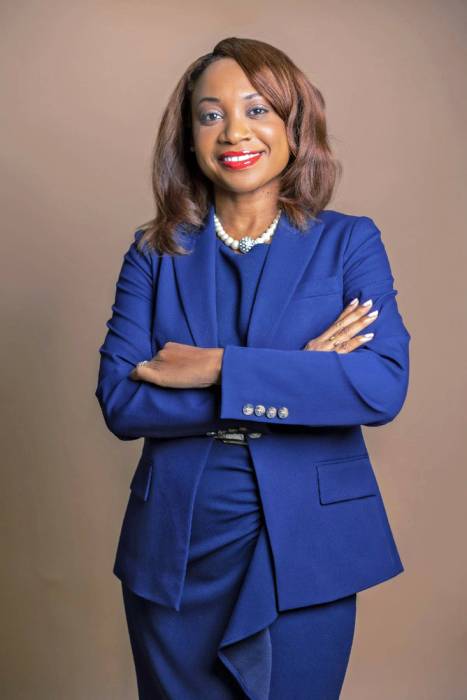After outcries from loyal users and pledges of help from city and state leaders, Uber can ride on.
The state Division of Standards reversed its own decision late Wednesday afternoon after it initially ordered the GPS-based livery service start-up to stop operating because its new technology is not regulated.
The agency said Uber can still operate because national agencies are currently reviewing relevant Taximeter regulations related to GPS fare assessments.
The state Division of Standards issued its initial ruling on Aug. 1 against the San Francisco start-up after a hearing on a citation.
“The use of the unapproved GPS system to assess transportation charges must be discontinued until such time as the standards for its use are established,” Charles Carroll, the director of standards wrote in the first decision.
Mayor Thomas Menino and Gov. Deval Patrick, who have made innovation growth a priority, came to the aid of Uber once news of the decision spread through the media.
Menino took to Twitter yesterday to thank those who have reached out to his office in support of Uber. He also said the city will “work together” on a solution.
Patrick’s communications director tweeted yesterday that the state is not shutting the company down, but is “working on a swift resolution.”
Uber remained defiant after the first ruling and said in a blog post Tuesday that the company was committed to facilitating an improved transportation option and “that will not change.”
Using a phone app, travelers can see where the closest Uber luxury car is. After plugging in a destination and pick up location, a driver will arrive and will charge a passenger based on a GPS system in the car.
According to the inital ruling, the issue started when Cambridge officials set up a sting operation targeting the company.
A member of Cambridge’s Consumer Division requested and was picked up by an Uber car. After watching the driver operate the GPS billing system, the city worker had the driver pull over after a short distance where a Cambridge police officer was waiting.
The driver was issued a citation, which the company appealed. That citation was thrown out with the new ruling.
Uber has gained popularity in Greater Boston, especially when the company promoted itself during Red Line closures last year that made it difficult for some to travel to and from Cambridge and Somerville. It was also a hit when it offered free rides to Fenway Park at the start of this baseball season and an on-demand ice cream truck service.
It is not the first controversy for Uber, which has services in about a dozen cities including Paris, New York and London.
Uber was issued a similar cease and desist order from San Francisco transportation officials in 2010, according to TechCrunch. The company has also faced criticism from Washington, D.C. officials who said it was operating “illegally.”
The state’s new decision is below:













